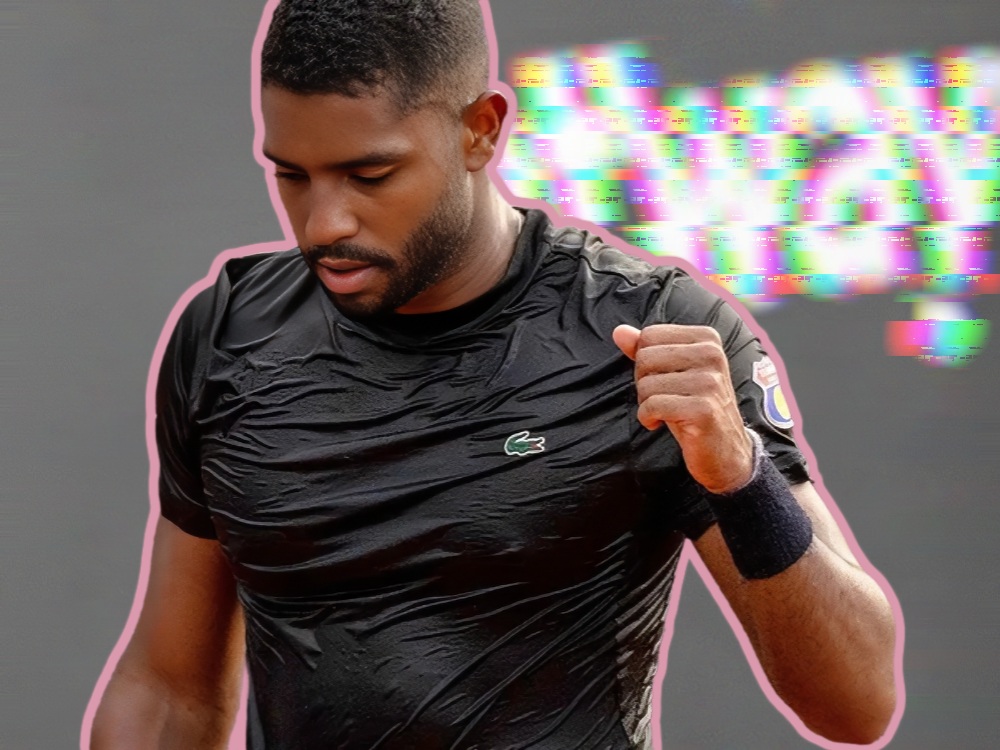The United States Supreme Court is set to hear two high-profile cases involving state-level bans on transgender women participating in women’s sports—an issue at the centre of ongoing political, legal, and cultural debates in the country. The upcoming rulings could become pivotal for the future of transgender rights nationwide.
This follows President Donald Trump’s post-election actions to enforce sweeping restrictions on trans athletes. During his 2024 campaign, Trump had pledged to block all transgender athletes from competing in women’s categories. Fulfilling that promise, he signed Executive Order 14201—titled “Keeping Men Out of Women’s Sports”—in February 2025, shortly after taking office. The order aims to ban transgender women and girls from participating in female sports teams at all levels across the United States.
In the months since, tensions have escalated between the Trump administration and several states refusing to comply. At a 22 February White House meeting, Maine Governor Janet Mills challenged the executive order, prompting Trump to threaten a withdrawal of federal funding for her state. California has faced similar threats, specifically over the inclusion of a single transgender high school athlete, AB Hernandez.
The issue also surfaced unexpectedly during a recent visit from Juventus FC. On 18 June, while hosting the Italian football club during their trip for the Club World Cup, Trump diverted the conversation to transgender athletes, reportedly leaving players baffled by his comments.
Elsewhere, policy changes continue to ripple through the education and sports sectors. Earlier this week, the University of Pennsylvania wiped the records of trans swimmer Lia Thomas and agreed to bar transgender athletes from women’s sports teams, following what sources described as a “deal” with the Trump administration.
Now, the legal battle is heading to the nation’s highest court. The Supreme Court has agreed to take up two cases in its next term: West Virginia v. B.P.J. and Little v. Hecox (Idaho). Both challenge state laws that ban transgender women from female sports teams, and both were initially blocked by lower courts, permitting the athletes involved to continue competing.
Central to both cases is the question of whether such bans violate the 14th Amendment’s Equal Protection Clause. The court’s decision could ultimately clarify how, or if, states may restrict athletic participation based on gender identity.
However, the Supreme Court notably declined to hear a similar case out of Arizona, leaving unresolved legal questions surrounding that state’s ban on transgender women in sports.
As the country awaits the court’s rulings, these cases will serve as a flashpoint in the national conversation about trans rights, gender identity, and the definition of fairness in competitive sports.





























